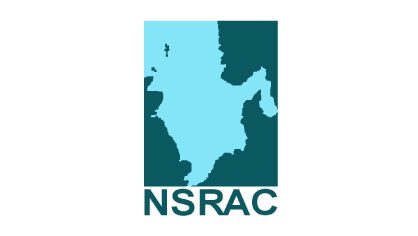2 July 2013
The North Sea Regional Advisory Council (NSRAC) has wasted no time in getting to grips with what the Discard Ban (landings obligation) recently agreed as part of the CFP reform will mean for fishers and the fishing industry more widely.
The RAC recently convened a meeting in Brussels to discuss the many issues associated with the ban – even before the new Regulation has been formally adopted. The European Commission, MEP Ulrike Rodust, representatives from the North Sea member states and scientists, joined RAC stakeholders in putting a spotlight on both the challenges and opportunities ahead.
Chairman of the NSRAC Executive Committee, Niels Wichmann said:
“The workshop has been an excellent starting point to commence the work required to ensure that fishermen can comply with the new regulation. The European institutions have agreed to apply a phased landing obligation and it is our joint responsibility now to implement this new approach in ways that make sense at the level of each fishing vessel.
The purpose of bringing together all the main parties at this early stage was to put a spotlight on what needs to change to bring this about. We need to make sure that the regulations, infrastructure and facilities are in place to allow fishermen to apply a discard ban. What we have seen at the workshop is an open and honest exchange of views and opinions of how this could be practically implemented, for example we need to consider how to handle on board as well as ashore the fish that would have otherwise been discarded.”
“No one at the meeting was in any doubt that the transition to a discard ban represents a major challenge for everyone involved. Much detail still needs to be worked out and we wanted to establish, right from the beginning, that the fishery stakeholders must be centrally involved if we want this measure to be fully effective and for fishing vessels to be economically viable throughout this whole process”.
In addition to a number of fishing industry speakers, contributions were heard from scientists, the European Commission, environmental NGOs, fisheries managers and the European Parliament.
NSRAC members will now work together to build on the outcomes of the workshop, developing advice for the European Commission on number of important aspects of the discard ban including:
- Rules for quota uplift
- How to deal with the potential for ‘choke stocks’ – minor species which could prevent the full uptake of the main quota species
- An exemption for species with high survival rates when they are returned to the sea
- Creating the right kind of economic incentives in the industry to improve catch selectivity
- How cooperative regionalisation policy formation will be used to develop multi-annual management plans or discard plans

